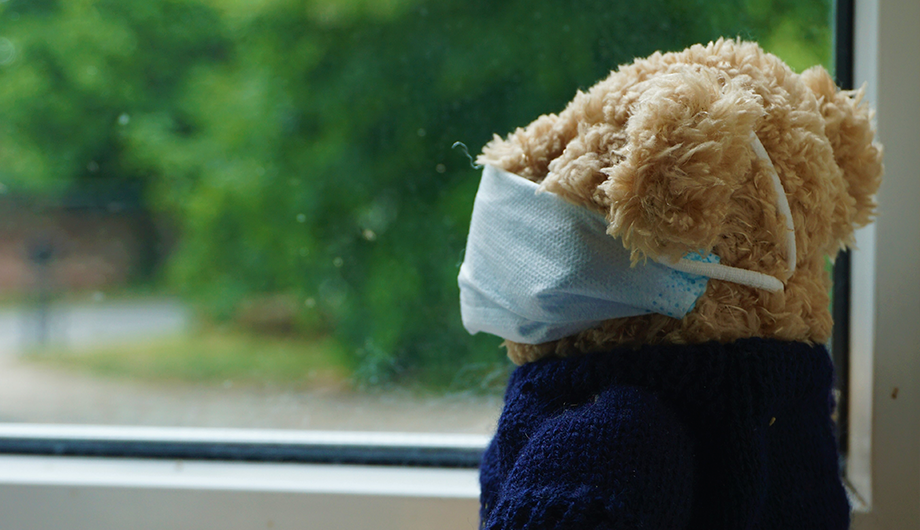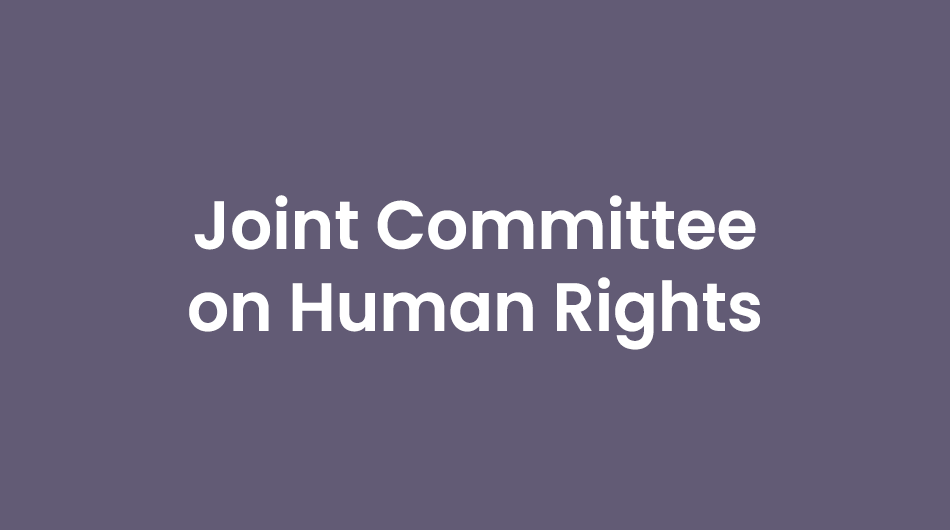
COVID-19
During the coronavirus pandemic the CBF have been producing resources for family carers, available on our website.

JCHR report on the detention of young people who are autistic or have a learning disability during Covid-19.
Today (12th June 2020) the Joint Committee on Human Rights (JCHR) has published Human Rights and the Government’s Response to Covid 19: the detention of young people who are autistic and/or have learning disabilities. The Committee concludes that “Prior to the virus, the human rights of young people who are autistic and/or have learning disabilities in detention were being breached. Now that institutions are closed to the outside world the risk of human rights abuses are even greater.
Prohibitions on family visits, the suspension of inspections, the increased use of restraint and solitary confinement, and the vulnerability of those in detention to infection (due to underlying health conditions and the infeasibility of social distancing) mean that the situation is now a severe crisis.” The report cites increased risks of violations to a number of human rights, including the right to life, freedom from inhuman and degrading treatment, liberty and security, respect for family life and non-discrimination.
We wrote to the JCHR before their questioning of CQC and NHSE to raise our key concerns for children and young people with learning disabilities – you can
Read our joint submission with Mencap and Leigh Day’s submission here.
Vivien Cooper, Chief Executive of the Challenging Behaviour Foundation said:
“A key soundbite during this pandemic has been that we must protect the most vulnerable. At the very time when “the system” should have stepped up, it stepped down. This report again brings to light the shocking failure of a system which does not just fail to protect individuals, but actually takes steps which increase their vulnerability, and their pain and suffering and that of their families.
We have worked with families and other organisations for many years to challenge the inhumane practices in Assessment and Treatment Units and other institutions, including the use of restraint and seclusion and the restriction of visits from family members (a key protective factor).
As this report shows so clearly, the consequences of the failures of the system are experienced by the individuals and their families- not the people responsible for those failures. The Government, NHSE and CQC have all made commitments to Transform Care, yet, now when the stakes are higher than ever, they have utterly failed to do so. They must be held to account- and prioritise action that delivers change.”
Emma, sister of a young man with learning disabilities, said:
“We live in a time of heightened anxiety, where even the least vulnerable of us are uncertain and scared. At times like these, we should expect that our learning disabled family members will be supported, cared for and loved. The report shows clearly that this is at risk. Some of societies most vulnerable are even more so, with advantage being taken of precarious situations to compound people’s suffering in a system that was already lacking in care. I fear their reality more today than ever before. We must do better in our protection, our support, our condemnation and our oversight now as much as any other time. Like the system in general, we are failing.”

During the coronavirus pandemic the CBF have been producing resources for family carers, available on our website.

If you are concerned about the care of someone you know with a learning disability and/ or autism, please see our webpage for information.
Our CBF Support Service is still running for the families of children, young people and adults with severe learning disabilities. Please ring 0300 666 0126 or email support@thecbf.org.uk.